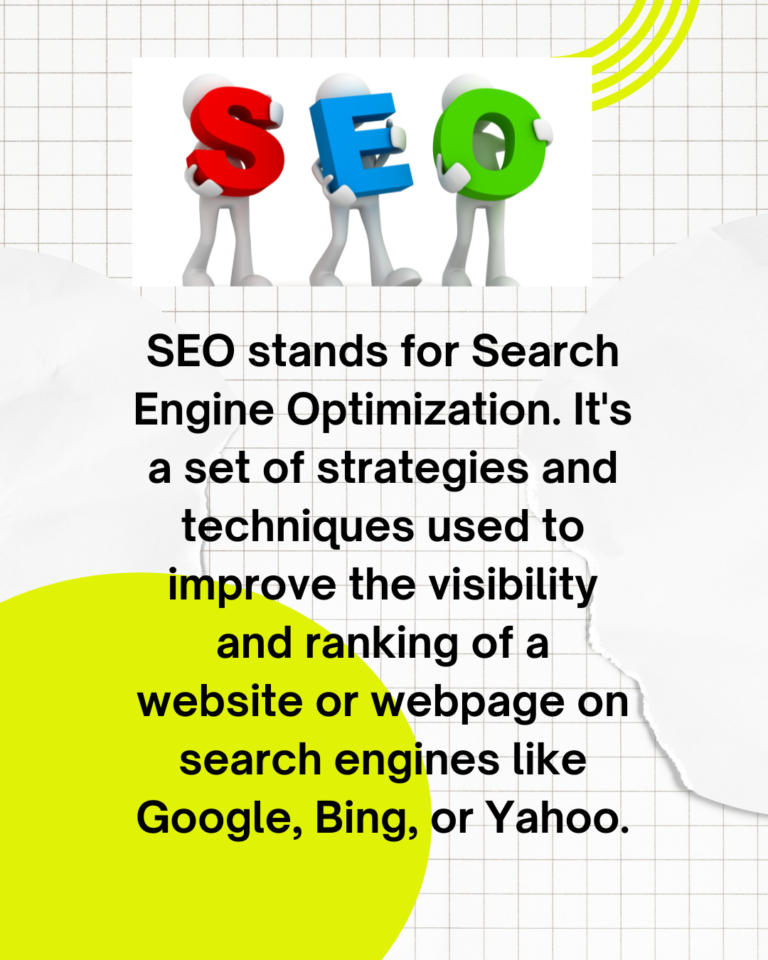SEO, or search engine optimization, is the practice of improving a site to improve your visibility in search engines like Google. When done correctly, SEO helps its content to be higher, boosting more organic traffic to your site without paying for ads.

Unlocking SEO power: a smarter online visibility guide
In the digital age, a strong on -line presence can make or break a business. With over 8.5 billion searches conducted on Google every day, appearing on the first page of the search results is critical. This is where SEO comes into play.
Why does it matter?
It is not just filling out a page with -Chave words -it is about creating valuable content, optimizing the structure of your site and understanding what your audience is looking for. It is a balance between technical configuration and user -focused strategy.
Central Elements of the SEO
Page Optimization:
This includes title tags, headers, goal descriptions and use of keywords. The content must be relevant and structured well. Although it is important to include destination words, they should fit naturally into the text.
Technical SEO:
This focuses on site speed, mobile ease, secure connections (https) and tracking. Even the best content may have difficulty classifying whether technical aspects are forgotten.
Content Strategy:
Research mechanisms love fresh, useful and original content. Blog pages, video marketing and features can increase visibility when they respond to specific user queries effectively.
Backlinks:
Respectable website links signal to the search engines that their content is reliable. A strong backlink profile can significantly affect classifications.
Using SEO in the right way
It is tempting to use the word “SEO” to improve your rankings, but this strategy is outdated. Today, the stuffing of words is penalized. Instead, focus on writing to humans first and optimizing research mechanisms in second place. A good general rule is to maintain about 1% density of keywords, ensuring that its content seems natural while remaining relevant.
For example, in a 600 -word post, you can use your word -destination word six times – strategic in the title, subtitles, introduction and conclusion. This maintains readable content while signaling research mechanisms of what it is about.
The future of the SEO
As research algorithms evolve, becomes less about tricks and more about quality. AI -oriented updates, such as Google’s useful content system, prioritize the user’s intention content. Voice research, mobile optimization and visual research are also shaping the future scenario.
Final thoughts
It’s not a single correction-it is a continuous process. It requires patience, analysis and adaptation. Whether you are a small manager or a digital marketing professional, understanding SEO’s fundamentals offers a competitive advantage in a constantly changing online world.
By focusing on the creation of valuable content, improving your site’s performance and remaining up to date with best practices, you can take advantage of SEO’s power to increase your presence and reach the right audience.